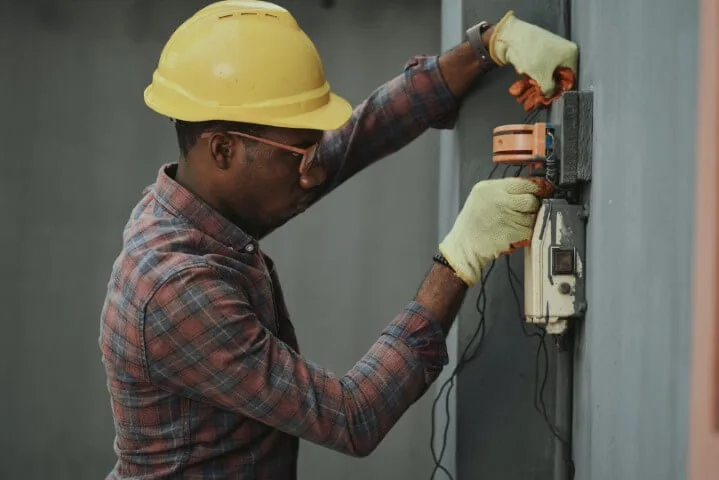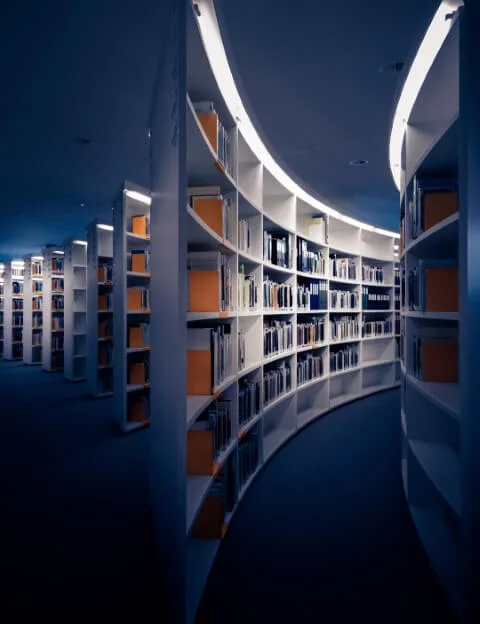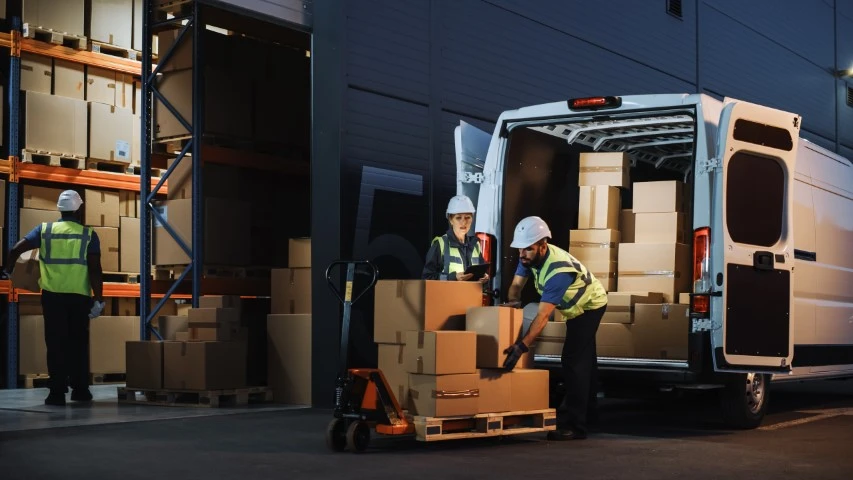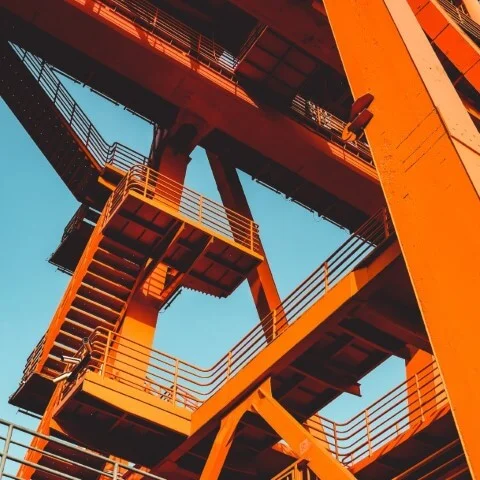From Buildings To Bytes: The FM And Data Centre Revolution Across The Middle East’s Next-Gen Cities
From Buildings To Bytes: The FM And Data Centre Revolution Across The Middle East’s Next-Gen Cities
For over two decades, a wave of transformation has swept across the Middle East, cresting in Dubai and gaining speed across the region. It’s not just about the megaprojects that hit the headlines, but more significantly about the foundational systems powering its cities. In Riyadh, NEOM, Dubai and Abu Dhabi, two sectors are revolutionizing how these urban centres function: facility management (FM) and data centres. Far from back-end utilities, they’re becoming strategic drivers of sustainability, digital innovation and long-term economic resilience.
Facility management: powering urban efficiency in Saudi Arabia
Saudi Arabia’s FM sector is expanding rapidly, with market growth projected to see a compound annual growth rate (CAGR) of 7% between 2024 and 2032. Riyadh, at the heart of Saudi Vision 2030, is positioning itself as a regional tech and business hub – and FM is one of the critical enablers powering this transformation.
What’s fuelling this growth? It’s a combination of:
- Large-scale urban expansion and infrastructure development.
- Rising demand for energy performance, cost efficiency and enhanced tenant satisfaction.
- Integration of advanced technologies like IoT, AI and predictive analytics, enabling FM providers to optimize asset performance and make real-time, data-informed decisions.
Nowhere is this shift more apparent than in NEOM, Saudi Arabia’s flagship smart city. NEOM is redefining FM through full-scale digitization: real-time data streams, automated energy systems and predictive maintenance tools all working together to deliver sustainable operations at city scale. Verdantix notes that proactive maintenance, powered by AI and IoT, is becoming the new norm in FM, helping organizations align uptime and energy performance with broader business goals like sustainability and cost efficiency.
Data centres: building the region’s digital core
Alongside FM innovation, data centres have emerged as critical enablers of the Middle East’s digital transformation. Cities like Dubai, Abu Dhabi and Riyadh are scaling their data infrastructure to meet demand for cloud computing, AI and real-time digital services, while embedding sustainability at the core.
Dubai, for example, hosts the world’s largest solar-powered data centre, developed by Moro Hub at the Mohammed bin Rashid Al Maktoum Solar Park. Facilities across the region are adopting energy-efficient cooling technologies, pursuing green certifications and integrating renewables to reduce their environmental footprint. More recently, Dubai announced a $544 million hyperscale data centre as part of a strategic partnership between Emirati telecom operator du and Microsoft, reinforcing the city’s position as a digital and cloud hub. Meanwhile, Riyadh’s $100 billion Project Transcendence AI initiative illustrates Saudi Arabia’s ambition to lead globally in AI and data infrastructure.
According to PwC’s data centre opportunity report, the Middle East offers several advantages for global investors:
- Low-cost energy and land: Saudi Arabia offers one of the lowest electricity tariffs and affordable industrial land, especially for energy-intensive data operations.
- Strategic international connectivity through dense submarine cable networks.
- Incentivized regulation, including the Cloud Computing Special Economic Zone (CCSEZ), offering tax exemptions and faster set-up for hyperscalers.
- Sovereign fund backing, with billions being directed toward digital infrastructure as part of diversification strategies.
A blueprint for the future: integrated, intelligent and sustainable
What’s happening across Riyadh, NEOM, Dubai and Abu Dhabi is more than modernization – it marks a reimagining of how cities are built, managed and scaled. These hubs are no longer following global trends, they’re setting them.
By investing in intelligent FM systems and future-ready data infrastructure, Saudi Arabia and the UAE are designing ecosystems that are not only more efficient and resilient, but also more digitally fluent and globally competitive. As we look ahead to the rest of 2025 and beyond, one message rings clear: the Middle East isn’t just catching up – it’s leapfrogging into the lead.























